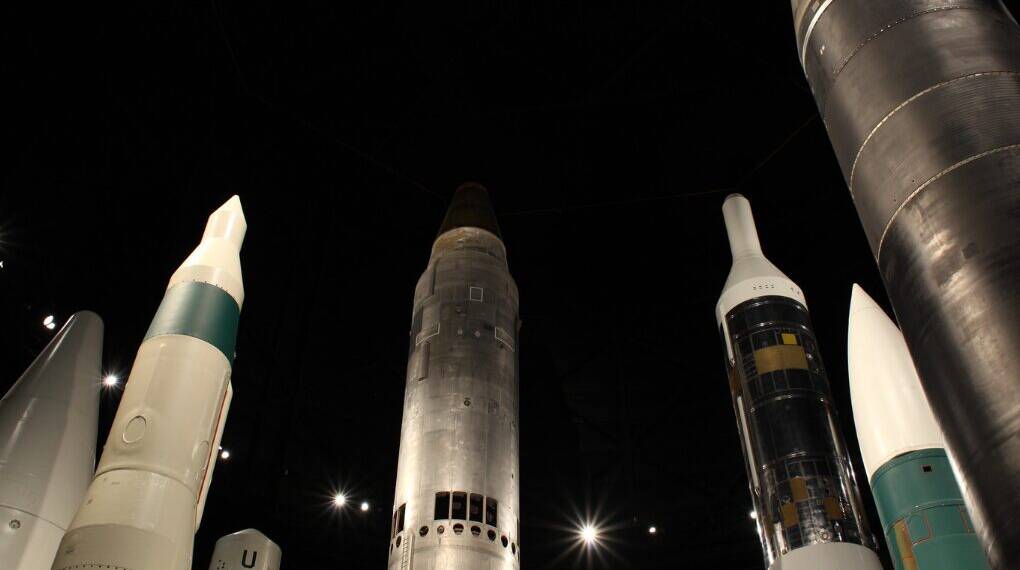As the world grapples with the lasting shockwaves of Russia’s war on Ukraine, a second large-scale conflict—this time between Israel and Iran—looms ominously on the horizon. For both Europe and the United States, already burdened by slowing growth, high public debt, and strained military commitments, the possibility of another war is not only geopolitically dangerous—it’s economically unsustainable.
The War We’re Still Paying For
The Russia-Ukraine war has dragged on for over two years, costing the U.S. more than $175 billion in aid and military support. Europe, too, has shouldered enormous costs—from defense spending hikes to skyrocketing energy prices triggered by the continent’s decoupling from Russian gas. In 2024 alone, Germany committed more than €100 billion to defense—unthinkable before 2022.
Now, imagine another war erupting in the Middle East, this time pitting Israel against Iran directly. It’s not just a regional issue. The U.S. is Israel’s closest ally, and any conflict would likely demand American involvement. For Europe, whose economy depends heavily on Middle Eastern oil and whose own borders are vulnerable to the resulting refugee waves and security blowback, this would be another geopolitical wildfire spreading toward home.
Debt, Deficits, and the Economic Red Line
The United States’ national debt recently surpassed $37 trillion, with interest payments alone approaching $1 trillion annually. Meanwhile, GDP growth has slowed to under 2%, with signs of stagnation in manufacturing and consumer spending. Unemployment remains low for now, but inflationary pressures and Federal Reserve rate hikes threaten to reverse that trend.
In Europe, things are arguably worse. Germany—the region’s economic engine—entered a technical recession in 2023 and is struggling to return to consistent growth. Youth unemployment in Southern Europe remains stubbornly high, and the EU faces internal political fragmentation that complicates coordinated defense or economic policy. Countries like France, Italy, and Spain are already wrestling with unsustainable debt levels, made worse by post-pandemic recovery programs and defense expenditures.
A new war—especially one in the volatile Middle East—would spike oil prices, disrupt trade, and force governments to divert billions more toward military budgets and humanitarian aid. It would worsen inflation, depress consumer confidence, and likely trigger a broader global slowdown.
Strategic Overreach: The Real National Security Threat
Even from a purely military standpoint, the West is stretched thin. U.S. stockpiles of key munitions are depleted after years of supplying Ukraine. European armies remain under-equipped and under-coordinated, despite recent pushes for more integration. A 2025 study from the European Council on Foreign Relations argued that Europe could defend itself without U.S. help—but only with better coordination, higher investment, and significant time. None of that is ready now.
As one Atlantic Council analysis recently noted, the Israel-Iran confrontation is no longer a shadow war—it risks becoming a full-blown regional conflict involving Hezbollah, the Houthis, and potentially Syria and Iraq. If this happens, the U.S. and Europe will be pressured to respond, either diplomatically, militarily, or economically. But what neither can afford is another protracted, open-ended war.
A Call for Restraint—and Realism
Preventing a full-scale war between Israel and Iran should be a top strategic priority for Western policymakers. That means intense diplomacy, clear red lines, and serious pressure on all parties to de-escalate. It also means rethinking military commitments and learning from the Ukraine war: deterrence must be paired with economic realism.
The U.S. and Europe need to protect their own economic stability, rebuild their industrial bases, and reduce dependence on fragile supply chains. Above all, they must avoid strategic overreach—trying to fight multiple wars on multiple fronts in a multipolar world.
The West is still struggling in Russia Ukraine war. It simply cannot afford another.








